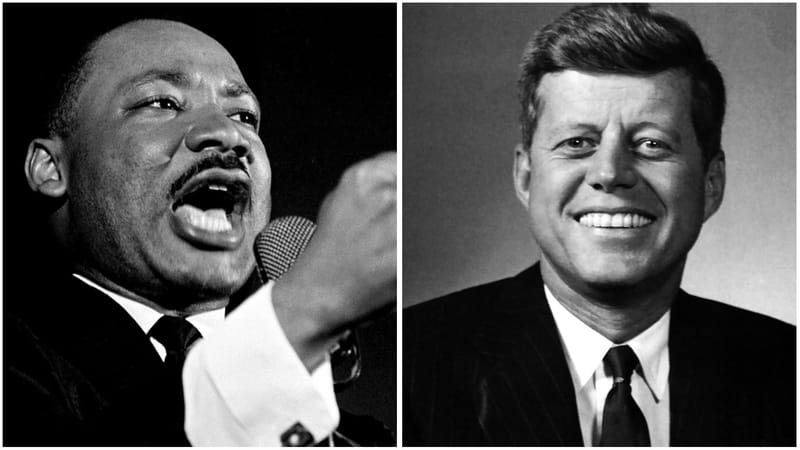FBI Unearths 2,400 Unreviewed JFK Assassination Files Following Trump's Executive Order
Newly Discovered Documents May Shed Light on One of America's Most Enduring Mysteries Washington, D.C. - February 11, 2025 In a significant development that could potentially alter the narrative surrounding one of the most scrutinized events in U.S. history, the Federal Bureau of Investigation (FBI) has
Newly Discovered Documents May Shed Light on One of America's Most Enduring Mysteries
Washington, D.C. - February 11, 2025
In a significant development that could potentially alter the narrative surrounding one of the most scrutinized events in U.S. history, the Federal Bureau of Investigation (FBI) has announced the discovery of approximately 2,400 records related to the assassination of President John F. Kennedy. These documents, part of a larger set spanning 14,000 pages, were never before reviewed by the JFK Assassination Records Review Board, established to ensure transparency in the aftermath of the 1963 assassination.
The discovery comes shortly after President Donald Trump signed an executive order on January 23, 2025, mandating the declassification of all records associated with the assassinations of JFK, his brother Robert F. Kennedy, and civil rights leader Martin Luther King Jr. This move was part of Trump's campaign promise to provide full disclosure on these historical events, aiming to quell conspiracy theories and satisfy public curiosity.
The FBI's revelation has sparked a wave of interest and speculation. Historians and researchers like Jefferson Morley, a noted JFK assassination expert, have described the discovery as "huge," suggesting it might indicate a more serious effort by the FBI to comply with declassification orders. However, there's caution among the scholarly community about expecting definitive answers from these documents. The records are expected to cover various aspects, including the FBI's surveillance activities related to Lee Harvey Oswald, the official assassin, and possibly interactions with other figures or agencies involved in the investigation.
The existence of these records was first reported by Axios, which highlighted how the documents were not previously submitted to the review board or the National Archives, as required by the JFK Records Act of 1992. This act mandated that all relevant assassination documents be released to the public, with exceptions only for national security reasons.
Public reaction, as reflected in posts on social media platform X, shows a mix of anticipation for new insights and skepticism regarding how much these documents will reveal. The broader conversation also touches on themes of government transparency, the right to information, and the persistent allure of conspiracy theories around JFK's death.
As the FBI works towards releasing these documents, questions remain about what exactly they will reveal. Will they corroborate or contradict the established narrative? Or will they add layers to an already complex historical puzzle? Only time will tell as these files are processed and made available to the public, potentially offering a clearer picture of one of America's darkest days.



